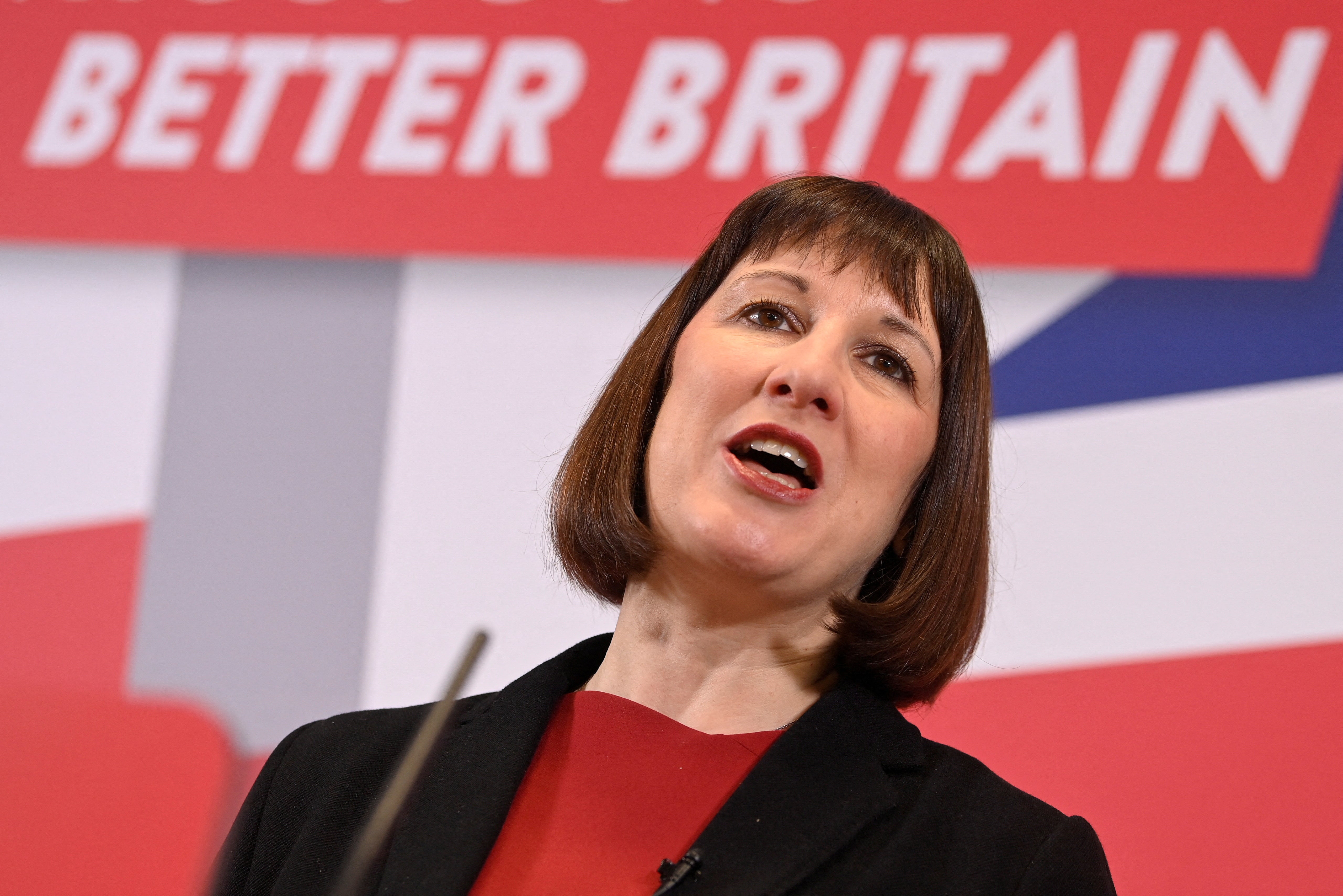Why good news from IMF narrows the path for Labour
Tories are heading for another ‘voteless recovery’ but Labour has lost some ammunition, says Sean O’Grady


Britain will no longer have the weakest economic growth in the G7 this year, according to the latest outlook from the IMF. The expectation for growth in output of goods and services over the course of 2023 has been significantly upgraded, to +0.4 per cent, against the previous forecast, last month, of a shrinkage of 0.3 per cent. However, inflation “remains stubbornly high” and poses real economic risks, the IMF noted.
Is this good news for Rishi Sunak?
Mostly. It comes after the Bank of England also upgraded its forecasts, with governor Andrew Bailey declaring that inflation has “turned the corner”.
With Jeremy Hunt confidently telling the IMF Conference that inflation will be down to 5 per cent this year, the return to growth – however modest – means two of Rishi Sunak’s five pledges for 2023 will be fulfilled: halving inflation, and growing the economy. At last, a Tory prime minister will have kept some promises, they will be able to say (albeit ones that were exceptionally pre-ordained to be met).
That should help generate a bit more of a feel-good factor, and create room for modest tax cuts at the Budget next year but how far the electorate will respond when the time comes is debatable. Sunak will be able to show his Tory party critics, demanding immediate tax cuts, that his policies are yielding results in sharp contrast to those advocated by Boris Johnson, Liz Truss et al.
Does this mean the Tories can win the election?
Doubtful, not least because they are so far behind in the polls, and voters aren’t listening any more.
Usually there is a strong correlation between economic data and political popularity for a governing party; this is why pre-election ‘giveaway’ budgets, however cynically received, tend to help governments win fresh mandates. In the 1980s there was an uncannily close link between interest rates and the popularity of the Thatcher government, for example.
However, it is not always the case; in 1992 John Major won a general election while the economy was still crawling out of recession but the low-inflation prosperity that followed was dubbed ‘the voteless recovery’. This was partly because of the profound damage done by Black Wednesday (shortly after the 1992 win) when the pound fell out of the European Exchange Rate Mechanism and shredded the Conservatives’ reputation for economic competence. Similarly, Mr Sunak and Mr Hunt may find themselves unthanked for their efforts, with the electorate not ready to forgive the disastrous Truss-Kwarteng mini Budget among other things.
How has Labour responded?
Somewhat quietly. Pat McFadden, shadow chief secretary to the Treasury, said the IMF report revealed “the fragility of the UK economy, highlighting the slowdown in economic activity since last year and stubbornly high prices’’.
Understandably, the weak economy has long been one of shadow chancellor Rachel Reeves’ favourite themes, so the modest but rapid turnaround has robbed her of at least some ammunition. If she was to look for some useful lines in the IMF report it would be the warning about a wage-price spiral that means inflation, while subsiding, will still be well above the official 2 per cent target, and for longer than some assume.
In any case, growth of 0.4 per cent isn’t anything to celebrate, when the trend rate of growth, until recently, was for decades in the 2 to 3 per cent per annum range. Labour, presumably, is sticking to its bold pledge to “secure the highest sustained growth in the G7 – with good jobs and productivity growth in every part of the country making everyone, not just a few, better off.”






Join our commenting forum
Join thought-provoking conversations, follow other Independent readers and see their replies
Comments